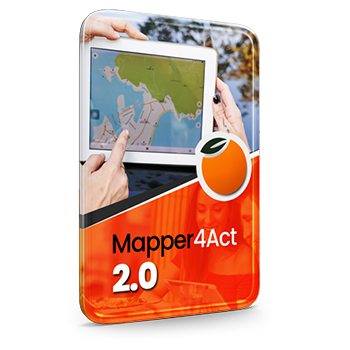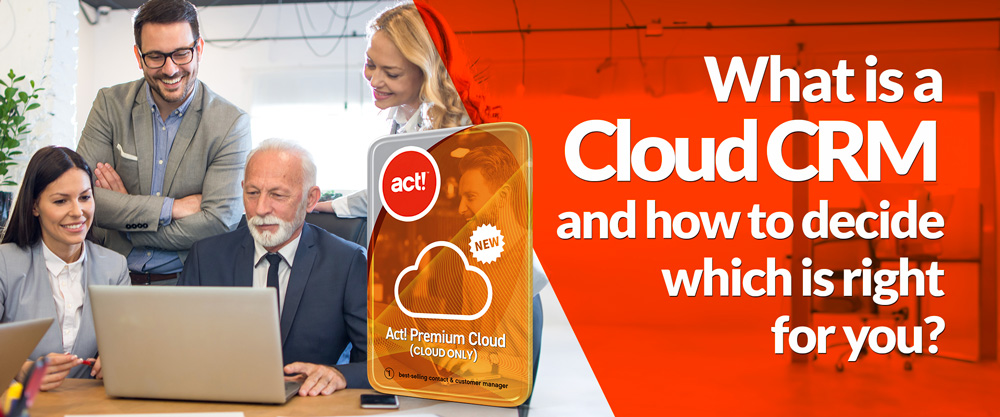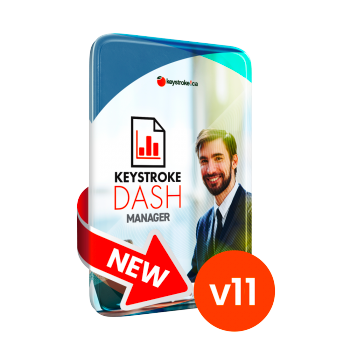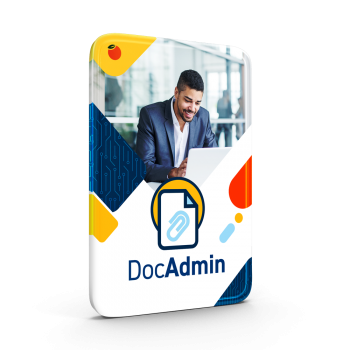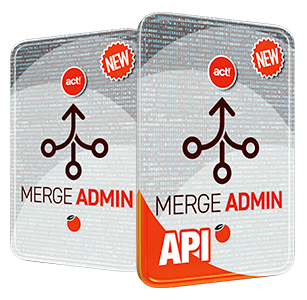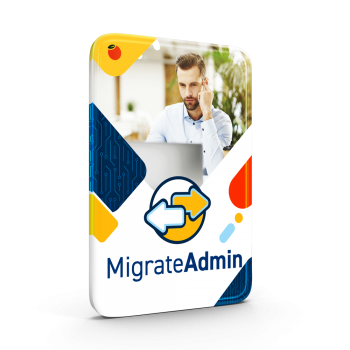Cloud-based CRM systems are invaluable for sales and marketing teams, offering a flexible and affordable solution for businesses of all sizes. This guide will delve into the essence of cloud CRM, its advantages for your business, and how to pinpoint the ideal CRM for your unique requirements.
What is a Cloud CRM
Cloud CRM refers to customer relationship management software hosted on the provider’s servers, accessible over the Internet. It’s not just for managing customer data; it’s a robust tool for automating workflows and unifying information across departments, allowing sales, marketing, and HR to tap into extensive data from the CRM and other sources. Sales teams can leverage CRM to time their outreach perfectly and engage customers at every journey stage, while managers gain insights into team performance and opportunities.
Unlike their on-premise counterparts, Cloud CRM's offer enhanced collaboration, access, and data management flexibility. Navigating the world of cloud CRM software and its offerings can be complex, but understanding its benefits is straightforward.
- Effortless and Economical Setup: Cloud CRMs remove the need for costly in-house software, servers, and maintenance personnel, making them appealing to businesses of varying scales. They handle updates, maintenance, and data security, reducing hardware costs and offering predictable subscription fees.
- Scalability: These systems offer an economical way to scale, with transparent pricing and instant access, minimizing initial costs and simplifying growth management. For larger firms, cloud CRMs offer an easy storage upgrade path without the hassle of procuring and maintaining new hardware.
- Enhanced Accessibility: With cloud CRMs, users gain significant mobility, accessing the system from any internet-connected device, which translates to less downtime and more flexibility. Many providers also offer mobile apps for on-the-go updates and information retrieval.
- Customizable and Flexible Plans: Cloud CRM solutions stand out with their customizable plans. You can opt for a subscription that encompasses only the features your business requires, avoiding unnecessary costs for unused services. This flexibility is available on a monthly or quarterly basis, with the freedom to modify or cancel your plan promptly.
- Enhanced Security Measures: Investing in server maintenance and data security can detract from your organization’s growth. Cloud CRMs alleviate this burden by managing backend operations, providing encryption, regular backups, and ensuring data is never lost. Many cloud CRM vendors also offer uptime guarantees, providing reliable service without jeopardizing your business.
- Seamless Integration: Capabilities Transforming your CRM into a more potent tool is possible through integration with third-party software. Unlike in-house CRMs that demand extensive IT development for compatibility, cloud CRMs offer an array of compatible third-party applications. These integrations enhance functionality in critical areas such as marketing, customer support, email, and social media management, streamlining tasks and saving valuable time.
How to choose your Cloud CRM
Discovering the perfect cloud-based CRM for your business involves assessing security protocols and pinpointing the features that will most benefit your operations. Here’s a concise guide to aid in your selection:
- Prioritize Robust Security: Security is paramount for a cloud CRM. Ensure the system includes:
- Two-factor authentication for enhanced login protection.
- Verify that your data is encrypted both during transfer and while stored, and that regular backups are conducted to a secure server. Certifications like SOC 2, SOC 3, and US-EU Privacy Shield are indicators of a provider’s commitment to security.
- Identify Key Features: Once you’ve ensured robust security, focus on the CRM features that will best serve your organization. Essential features to consider include:
- Contact Management: Consolidate all customer interactions in one location, enabling real-time updates and ensuring no lead is overlooked.
- Workflow Automation: Select CRMs that offer performance insights and can integrate with tools to automate routine administrative tasks.
- Lead Management: Choose CRMs equipped with or compatible with leading lead generation software, facilitating efficient lead sorting and engagement.
- Management Tools: Utilize the CRM’s data to generate reports, eliminating the need for manual spreadsheet entries and highlighting areas of strength and improvement.
- Mobility: Opt for CRMs with mobile applications for both iOS and Android, granting access to the system anytime, anywhere.
- User-Friendly Design: Ensure the CRM supports immediate data updates and sharing, allowing for seamless collaboration among teams.
- Start with Key Integrations: For enhancing productivity, consider starting with integrations in the following areas:
- Lead Generation: Implement tools like Web Visitors to track website activity and update your CRM automatically, with alerts for new leads.
- Email Marketing: Explore solutions like Campaigns for automated, customizable campaigns that respond dynamically to lead interactions and update CRM data accordingly.
- Analytics: Use analytic tools to identify bottlenecks and optimize performance within your sales pipeline.
Summary
Embracing a cloud-based CRM can be transformative for your business, enhancing efficiency and profitability. Centralized data and automated processes allow your team to concentrate on what truly matters: fostering team synergy, nurturing client relationships, boosting customer interaction, and driving sales. Cloud CRM software grants continuous access to vital information from any location, presented through intuitive dashboards and a clear depiction of your sales process. It enables swift evaluation of your business metrics against your KPIs, ensuring data security, and offering scalable pricing structures. As your business expands, so does your CRM capability. Cloud CRMs transcend the constraints of traditional software, providing an economical solution for businesses large and small.
Are you ready to transition to cloud-based sales software?



